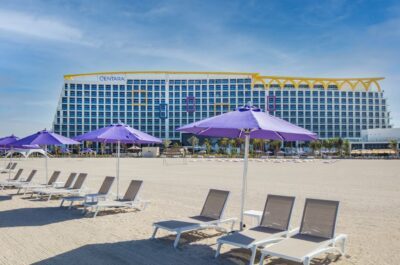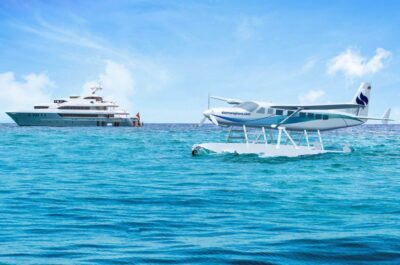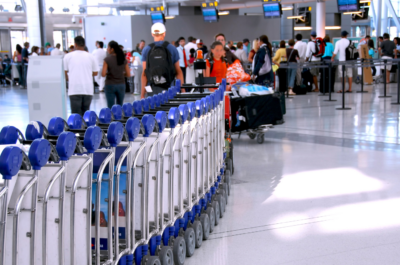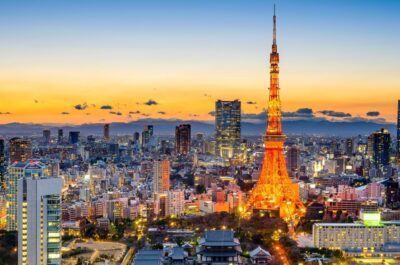Nature`s wrath can be unpredictable and thedevastation…
Nature`s wrath can be unpredictable and thedevastation caused by it can be incalculable.
After the massive rescue operations by relief experts, it is now the turn of economists to assess the recent tsunami damages.
Economists are now debating whether the damages caused were worse than those caused by the SARS epidemic which devastated the economies of several Asian countries two years ago.
While estimates presented by the United Nations differ glaringly from those of the affected countries themselves, there is consensus in the assessment that the tsunami has taken a far greater toll of human lives than SARS or any other calamity in the past 100 years of our history.
Yet, there is something paradoxical about this huge loss of human lives. While children may have been snatched away from their parents and entire families may have perished, experts say that the tsunami-caused economic losses seem to be limited.
According to tentative estimates, the impact of the tsunami disaster on the economies of the stricken region is far less severe than the negative impact of SARS two years ago when the toll was only a couple of thousand lives, as some experts were saying.
According to Standard Chartered Bank in Hong Kong, the tsunami disaster would cut Thailand`s growth by only one percentage point, that of Sri Lanka by 2.0 percent and of Maldives by some 4.0 percent.
This is also because Thailand`s dependence on tourism is less than that of Sri Lanka and certainly far less than that of the Maldives whose only industries are tourism and fish processing.
JP Morgan, for example, which before the tsunami disaster had predicted a growth rate of 3.0 percent for Thailand during the first quarter of 2005, has now scaled down the forecast to zero growth for Thailand in the first quarter of the year.
But ABN Amro`s estimate says that Thailand`s growth would be cut by only a half percent point. These estimates by three different institutions are in sharp contrast to those of the Thai authorities who may seem to be playing down the tsunami`s economic impact, saying that the effect on the economy is going to be limited.
Before the tsunami catastrophe unfolded, Thailand`s official economic planning agency had forecast a growth of 5.5 to 6.5 percent for 2005; last year`s Growth Domestic Product (GDP) growth was 6.2 percent.
But there are other factors which will be responsible for the slower growth in 2005 in the tsunami-stricken region of Asia. China`s economy is passing through a cooling phase.
Analysts in most Asian cities — from Singapore and Bangkok to Hong Kong and Tokyo — have been emphasising in their forecast that the region`s economic slowdown is largely the result of China`s economic slowdown.
They contend that the terrible tsunami had affected only the coastal regions, but spared most of the infrastructure and industries in the interior.
The worst hit have been the tourism and fishing industries and, to some extent, the agriculture of some countries.
The tsunami dealt a severe blow to the tourism industry of Sri Lanka, Thailand and the Maldives.
Although Indonesia`s Aceh region has suffered heavily, that region`s total contribution to the national economy was about two percent. The worst hit were the poorest of the poor with no protection whatsoever.
Standard and Poor`s does not see any heavy burden for the insurers in the region. German re-insurers expect damages to be limited to a double-digit million figure while British sources expect damages of up to US$10 billion.
Nonetheless, a lot of capital will be needed to mitigate the human suffering, stop the spread of diseases and also carry out the badly-needed reconstruction work.
Theodore is the Co-Founder and Managing Editor of TravelDailyNews Media Network; his responsibilities include business development and planning for TravelDailyNews long-term opportunities.


























































































